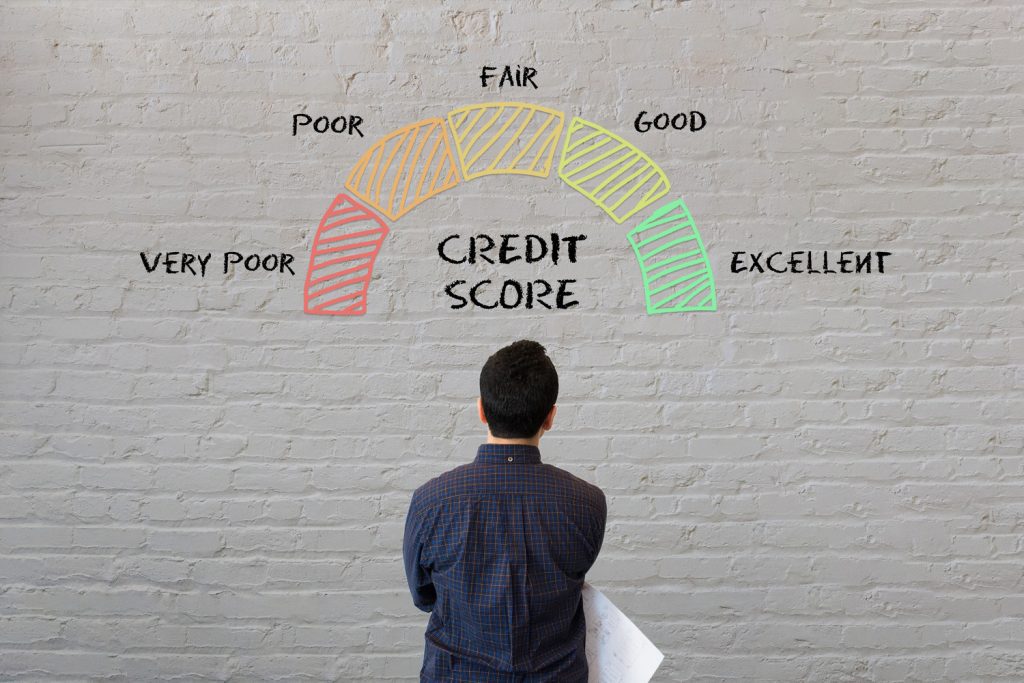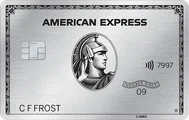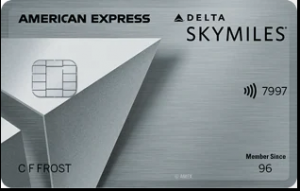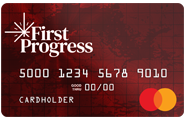Table Of Content
According to Experian Data, the average, Americans hold an average of 3.84 credit card:
If you have an unused credit card floating around, you may have thought about closing it. But should you?
While keeping it open may seem pointless, having a credit card with a zero balance on your credit report could be a good thing.
By putting in a little extra effort, your rarely used account can remain active and give your credit score a boost. But if you close your card, there's a right way (and a wrong way) to do it.
Why Closing A Credit Card Hurt Credit?
Before you cancel your account and shred your card, think about how it could impact your credit score. Unless there's an annual fee, keeping the account open could actually be better for your financial health.
FICO explains that your credit score is based on five key factors:
A credit card you don't use any more directly affects two of the five factors: the length of your credit history and the amount you owe compared to your available credit (aka your credit utilization ratio).
With so many things depending on your credit history, good credit is essential in life. Your score can affect your insurance premiums, the deposit you pay on cell phone plans or other utilities, and your interest rates if you want to buy a house or a car.
Example
Imagine you have three credit cards with a total credit limit of $15,000. One card has a zero balance and a credit limit of $7,000, while you regularly use the other two for travel and daily expenses, with a combined balance of $4,000.
In this case, your credit utilization is 26%. The general rule is to keep it under 30%, so you're in good shape.
What happens if you close your account?
Your total available credit drops by $7,000, bringing your combined credit limit to $8,000. Now your credit utilization ratio is 50% – and that's not so good.
Pros and Cons Of Closing A Credit Card
Closing a credit card can have several benefits and drawbacks, including:
Pros | Cons |
|---|---|
Spend Less | Higher Credit Utilization |
Avoid Fees | Loss Of Rewards |
Simple To Manage | Shorter Credit History |
Focus On Paying Off Debt |
- Spend Less
If you have a tendency to overspend, closing a credit card can help you reduce your spending and avoid debt.
- Avoid Fees
If you have a credit card with an annual fee or other fees, closing the card can help you avoid these fees and save money.
- Simple To Manage
If you have multiple credit cards, closing some of them can help simplify your finances and make it easier to manage your debts and paymen
- Focus On Paying Off Debt
If you have a balance on a credit card with a high interest rate, closing the card can help you focus on paying off the debt and avoid accumulating more debt.
- Higher Credit Utilization
Closing a credit card can increase your credit utilization ratio, which is the amount of credit you are using compared to the amount of credit available to you.
High credit utilization can hurt your credit score, so closing a card can negatively impact your credit utilization and your credit score.
- Shorter Credit History
Closing a credit card can also shorten your credit history, which is an important factor in determining your credit score.
A shorter credit history can indicate to lenders that you have less experience with credit and may be a higher risk borrower.
- Loss Of Rewards
If you have a rewards or benefits program associated with the credit card, closing the card can result in the loss of these benefits.
How Long Do Unused Credit Cards Stay Open?
If your credit card account remains inactive for a number of months, certain credit card issuers will cancel it. The inactivity period varies among credit card issuers, but the time frame is usually between 12 and 24 months. Overall, credit card issuers aren't eager to close your card.
Retailer-branded credit cards however allow for a longer period of inactivity because they recognize that a portion of their cardholders will only shop during semi-annual sales or promotional events. Holders should try to use their cards at least once every three months to keep their account open and active.
However, by a single purchase in a month you can reset that period.
What To Do If You Have An Unused Credit Card?
Keeping your unused credit cards open is usually best. You can benefit from a longer average credit history and a lower credit utilization ratio. When used the right way, your previously neglected credit card can improve your credit score in a big way.
Some companies can close credit accounts after periods of inactivity. Because the time a card issuer waits before closing the account can vary, consider setting up an automatic bill payment for a recurring monthly expense.
You might use the card to pay for your Netflix subscription or your monthly gym membership.
By using the card regularly, the account will remain active. Make sure you remember to pay the balance in full and on time every month to keep negative marks from lowering your credit score.

When Closing A Card Is A Good Idea?
A few situations exist when closing a credit card is a good idea. For instance, if your card comes with a hefty annual fee, closing it can help to keep more money in your pocket.
Another reason to close the account is if you have trouble controlling your spending. By not having access to the account, it won't tempt you to rack up a huge balance.
But what if you want to lower the number of open credit cards you have? Luckily, there are ways to close your accounts that will minimize the effect on your credit score:
- Close only your newest cards
- Close accounts that cost you money to maintain
- Close the account with the lowest credit limit
- Pay off balance on all other cards before closing an unused account
How To Close A Credit Card?
If you decide closing aaccount is in your best interest, do it in a way that has the least damage to your credit score.
First, you should stick to closing one account at a time, even if you plan to close several cards. Pay off the balance before you attempt to close the card and make sure you redeem any rewards on your account before you cancel.
Once you confirm your balance is zero, call the number on the back of your card to ask them to cancel the card. Follow up on your request by mailing a certified letter to the card issuer stating you want to cancel the account. It’s smart to ask them to send you a letter to confirm your balance is zero and that your account is closed.
Keep in mind that financial decisions are personal. Generally, it's best to keep accounts open even if they're not being used, but what's right for you depends on your preferences and financial goals.
Top Offers
Top Offers
Top Offers From Our Partners
FAQs
Does an unused credit card build credit?
Unused credit cards may lower your credit score even though you may have a good credit utilization ratio. Lenders view credit card usage as a strong predictor of risk, so how well you manage your credit card account will usually have a big impact on your credit scores.
If you do not use a credit card often, you have little too little activity, which provides insufficient information to gauge your creditworthiness.
This could lead to higher interest rates in future loans. Maintaining an open and active credit card is key to keeping your credit scores in top shape. If you don’t use your credit card for months, it can result in a credit score drop.
What happens if you cancel a credit card with a balance?
Closing a credit card account does not cancel any outstanding balances. It will remain your liability until you've cleared off the debt or taken drastic measures, such as filing for Chapter 7 bankruptcy.
In the absence of this, you either make the whole sum payable instantly or continue to make at least the minimum payment required each billing cycle. Closing the account, on the other hand, will prevent you from making any new purchases as there will be no available credit limit on the account.
What happens if i don't use my credit card?
If your credit card has a long period of inactivity, the credit card issuer may decide to close your account. Credit card companies make the bulk of their money from processing fees each time you swipe.
Inactive credit cards don't make money but rather incur costs for the issuer through maintenance and monitoring. So, the credit card company would have to close your account to save costs.
Is it bad to have too many credit cards?
Having too many credit cards may improve your credit utilization ratio. However, the inactivity in multiple cards could lead to a slurry of cancellations which could affect your credit score.
This also hinders your chances of getting future loans as lenders may deem you as a potential risk. If you do get loans, your interest rate would be some notches higher.






